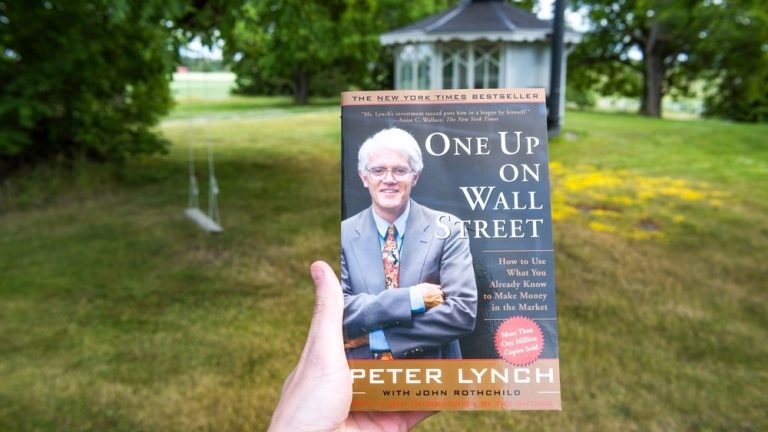A federal judge has denied former Register of Copyrights Shira Perlmutter’s motion for a preliminary injunction that would have restored her to her position while challenging her removal by the Trump administration.
US District Judge Timothy Kelly ruled on Wednesday (July 30) that Perlmutter failed to demonstrate irreparable harm warranting emergency relief.
Perlmutter filed her lawsuit in May, claiming her dismissal was “unlawful and ineffective” after President Trump fired both her and Librarian of Congress Carla Hayden via email.
The administration appointed Deputy Attorney General Todd Blanche as acting Librarian of Congress, who subsequently named Paul Perkins as acting Register of Copyrights.
In his memorandum opinion, Judge Kelly wrote that “the Court’s analysis begins and ends with irreparable harm,” explaining that Perlmutter failed to convince the court that she, the Library of Congress, or the Copyright Office faces irreparable damage from her temporary removal.
The judge noted that the Copyright Office can continue operating under Perkins’ leadership regardless of whether Perlmutter is ultimately reinstated.
“Perlmutter has not shown that the existence of the Copyright Office is at stake, or that her position will likely be irreparably changed without an injunction,” Kelly stated. “Yet again, Perlmutter has not shown that the Copyright Office will grind to a halt without her.”
The ruling represents the second setback for Perlmutter’s legal challenge, following the court’s denial of her temporary restraining order request in May. Judge Kelly had previously indicated skepticism about Perlmutter’s ability to meet the irreparable harm standard required for emergency injunctive relief.
Perlmutter promptly filed notice of appeal to the US Court of Appeals for the District of Columbia Circuit on Thursday (August 1), signaling her intention to continue the legal battle. The appeal comes as the Copyright Office faces questions about leadership continuity, particularly regarding its ongoing artificial intelligence report that Perlmutter had highlighted as urgent work requiring her oversight.
The dispute has broader implications for the music industry, given the Copyright Office’s role in regulating performance rights organizations and overseeing mechanical licensing through entities like The Mechanical Licensing Collective.
The office also plays a crucial role in AI-related copyright policy, an increasingly important area for music rights holders.
Perlmutter’s removal occurred shortly after the Copyright Office published the third installment of its comprehensive report on copyright and artificial intelligence, examining the use of copyrighted works in training generative AI systems. The timing raised questions about potential policy motivations behind the leadership changes.
The case centers on the legal authority to remove the Register of Copyrights, with Perlmutter arguing that Trump lacked the power to dismiss her directly. The administration maintains that the removal was lawful under existing federal statutes.
While the preliminary injunction denial keeps Perlmutter out of office for now, the underlying merits of her lawsuit remain to be decided. The appeal process could extend the legal proceedings for months, potentially overlapping with any decisions about permanent appointments to lead the Library of Congress and Copyright Office.
Music Business Worldwide








